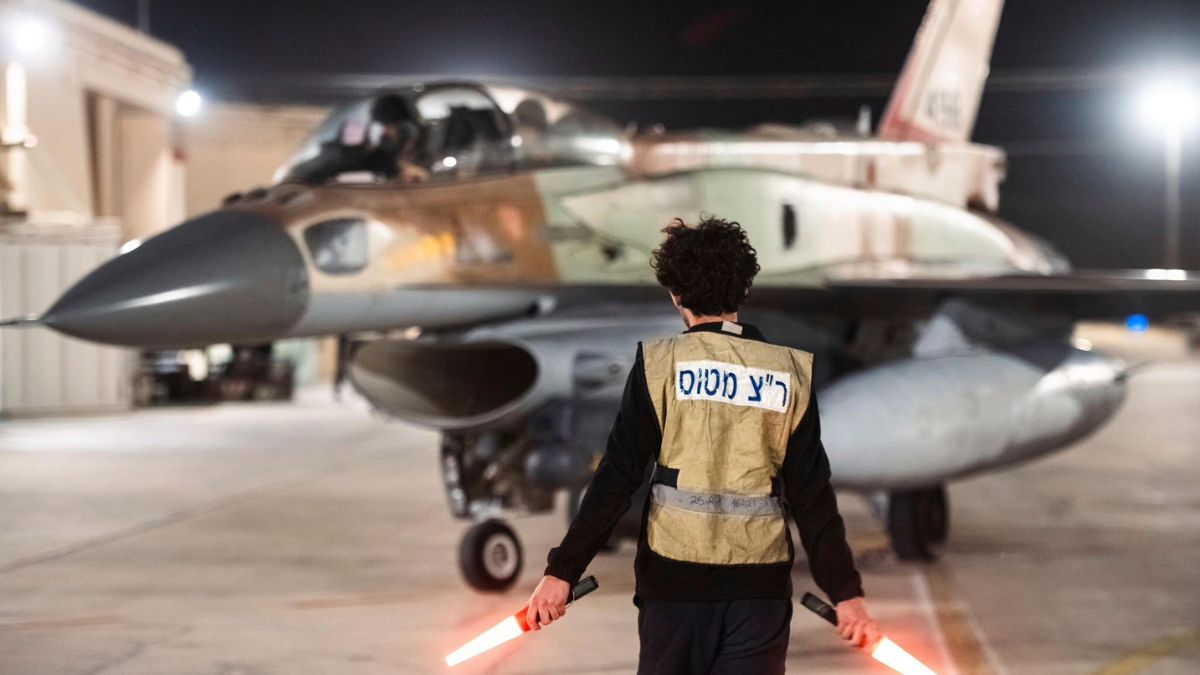Iran’s military issued a carefully worded statement Saturday night suggesting a cease-fire in the Gaza Strip and Lebanon trumps any retaliation against Israel. While saying it had the right to retaliate, the statement suggested Tehran may be trying to find a way to avoid further escalation after Israel’s attack early Saturday.
Israel’s military eased some safety restrictions for residents in areas of northern Israel late on Saturday, a possible indication that it does not expect any immediate large-scale attack from Iran or its proxies in the region.
The decision followed a “situational assessment”, it said in a statement which made no mention of Israel’s bombing of military sites in Iran in the early hours of Saturday, carried out in retaliation for an Iranian attack on Israel this month.
Israel’s far-right National Security Minister Itamar Ben Gvir welcomed Saturday’s strikes against military targets in Iran, but said a “historic obligation” remained to remove the threat posed by Tehran.
In the early hours of Saturday, Israeli warplanes struck several military and missiles manufacturing facilities of across Iran.
“The attack on Iran is important as an opening blow to damage Iran’s strategic assets,” Ben Gvir wrote on X, adding: “We have a historic obligation to remove the Iranian threat to destroy Israel”.
Israel’s strikes were in retaliation for an October 1 attack by Iran, which fired about 200 missiles at Israel, though most were intercepted by the country’s air defences.
Following Saturday’s strikes, Israeli President Isaac Herzog highlighted the role of the United States, calling Israel’s staunchest backer a “true ally”.
“I especially wish to thank our great friend the USA for being a true ally, and for the overt and covert cooperation,” he said in a statement without elaborating.
A US defence official said there was “no US involvement” in the Israeli strikes although Washington confirmed it had been told in advance.
Leading opposition figure Benny Gantz, a former war cabinet member, also hailed Saturday’s pre-dawn operation.
Impact Shorts
More Shorts“It marks a new stage in our war against the Iranian regime, inflicting significant damage in response to their failed attempts to harm Israel while also importantly paving the way for future operations,” Gantz said in a statement.
He stressed that the strikes are “nothing more than a fraction of the harm Israel can inflict on the regime, should it choose to continue its aggression”.
In Saturday’s attack on Iran, Israel did not target the most sensitive oil and nuclear facilities and drew no immediate vows of vengeance from Tehran.
With inputs from agencies.
)